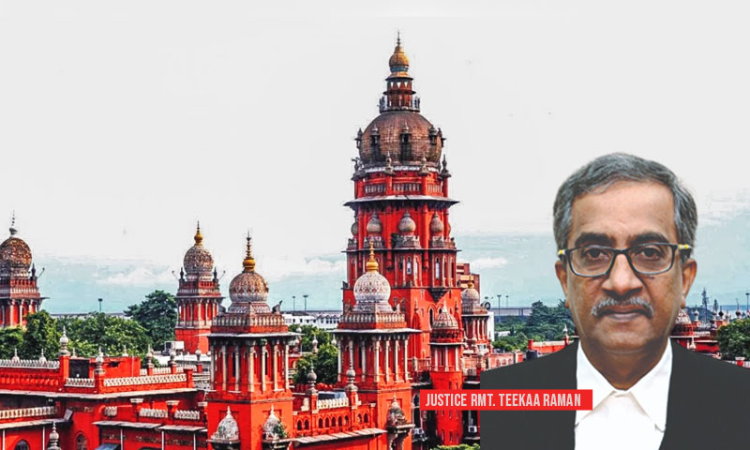The Madras High Court has recently observed that a live-in relationship between a married man and an unmarried woman was not one "in the nature of marriage" giving rights to the parties. The court added that in the absence of any codified law, the live in partner could not seek any succession or inheritance of the property of the other part. Justice RMT Teekaa Raman thus refused relief to...

